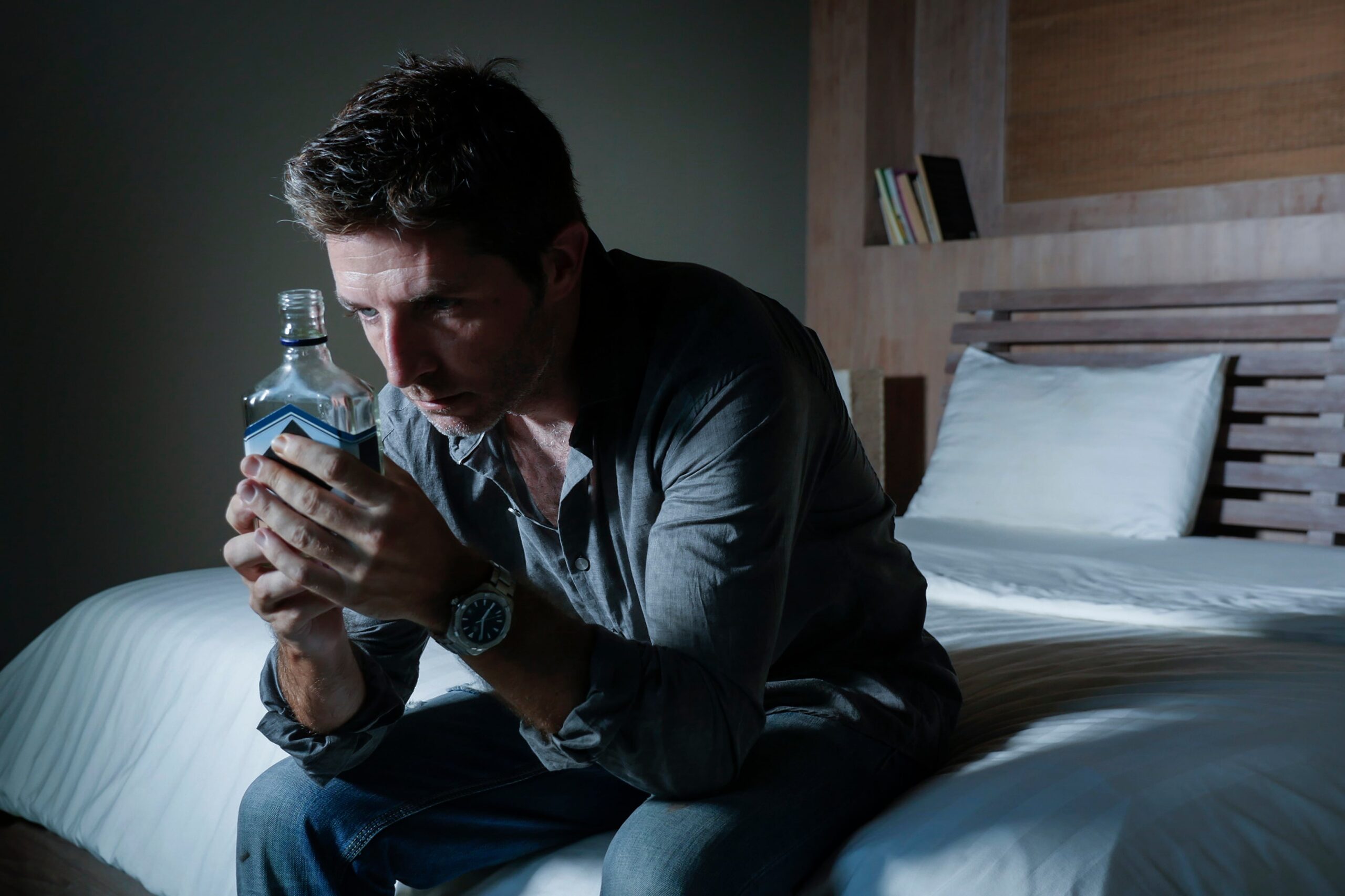By Jaclyn Dunne, Director of Admissions, Bridges of Hope
Alcoholism, or Alcohol Use Disorder (AUD), affects over 28 million adults and hundreds of thousands of youth in the U.S. While many envision alcoholism as constant visible intoxication and dysfunction, that’s not always the case. Some people appear to manage daily life while privately battling a serious
addiction—these individuals are known as functioning alcoholics.
In my work with individuals and families, I often hear the same concern: “They seem fine—could they still have a problem?” This blog helps unpack that question and shed light on the signs.
What Is a Functioning Alcoholic?
Functioning alcoholics often maintain jobs, go to school, and appear responsible on the surface. They may not fit the “stereotypical” image of someone struggling with alcohol. But underneath that appearance, they are often dealing with a dependence that affects them emotionally, physically, and mentally.
Signs to Watch For
Here are some red flags I encourage people to look for when they’re concerned about a loved one—or themselves:
Signs of a Functioning Alcoholic
While at first glance, functioning alcoholics may not appear to have a problem, you can look for certain signs.
High Tolerance to Alcohol
Often, alcoholics can drink more than the average person without experiencing the same effects. You may notice that the person consumes a lot of drinks in a short time but does not appear intoxicated.
Drinking to Cope with Stress
Drinking is a coping mechanism for many people with an AUD. You may notice that in stressful situations, the person says “I need a drink” or seeks a drink at the next opportunity.
Memory Lapses
Alcoholics often experience blackouts and may not remember what they did or said while drinking. For example, if you went out with a friend for the evening and the next day you tried to continue a conversation you were having the night before, they might not know what you’re talking about.
Work or School Issues
As alcohol addiction progresses, it can affect work or school performance. You might notice that the person is calling in sick or missing classes more often.
Isolation
Often, alcoholics begin to withdraw from family and friends because they want to drink like they want to without anyone knowing. You might notice that the person doesn’t want to go out or engage in activities that they used to do.
Denial
Functioning alcoholics are often in denial about their addiction, thinking that they don’t have a problem because drinking is not affecting their work or school performance. They may get defensive if you bring up their excessive drinking.
Secret Drinking
Functioning alcoholics may attempt to conceal how much they are drinking. For example, if you live with the person, they may hide or secretly dispose of liquor bottles.
Dangerous Behavior
Since functioning alcoholics have a high tolerance for alcohol, they may think that they are able to drive even if you’ve seen them consume many drinks.
Justifying Their Drinking
Functioning alcoholics may justify their drinking to you or to themselves by saying things like “I had a bad day, I need to drink”, or by comparing themselves to someone else who drinks more.
Physical Issues
Even functioning alcoholics can develop health problems. You may notice that the person has frequent hangovers, is fatigued, or complains of gastrointestinal issues.
Trying to Control Their Drinking
On some level, functioning alcoholics may know that they have a problem and try to control their drinking. They may decide to drink only on the weekends, or limit how many drinks they consume at a time. You’ll probably notice that these attempts don’t last long, or don’t work at all.
The Hidden Cost of Denial
Denial can be one of the most dangerous aspects of functional alcoholism. Without treatment, this form of AUD almost always progresses. Eventually, even the most well-managed facade will begin to
crack—impacting health, relationships, responsibilities, and legal standing.
Help Is Available
At Bridges of Hope, we’ve seen time and again that early intervention makes a real difference. If you’re concerned about yourself or someone you care about, don’t wait for things to get worse. Help is available—and recovery is possible. Reach out to our team. Whether you need resources, a supportive conversation, or a clear path forward, we’re here to walk it with you.
The sooner you seek treatment, the less likely you are to start to suffer serious consequences.


 Verify Insurance
Verify Insurance
 Toll Free Call
Toll Free Call